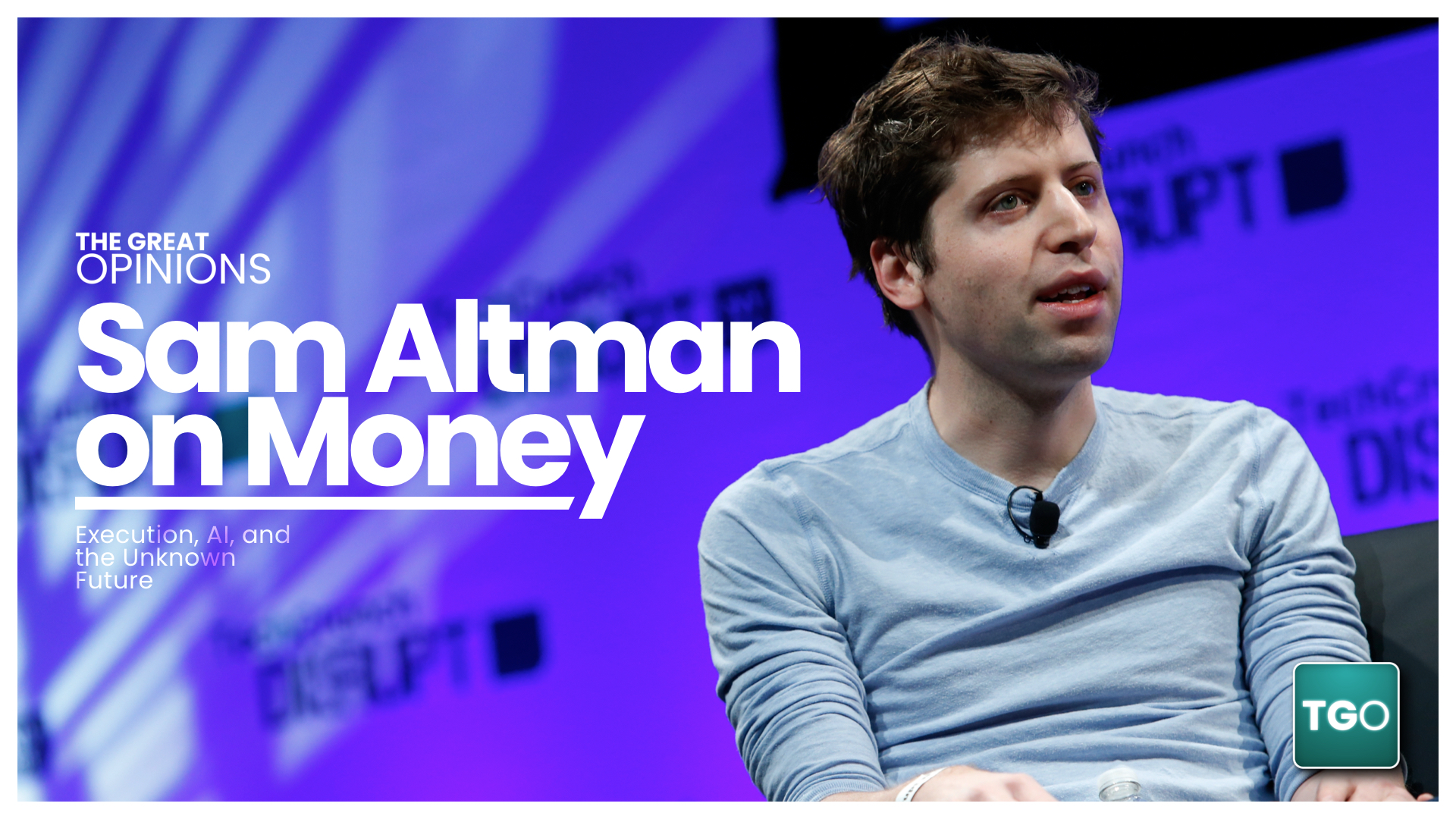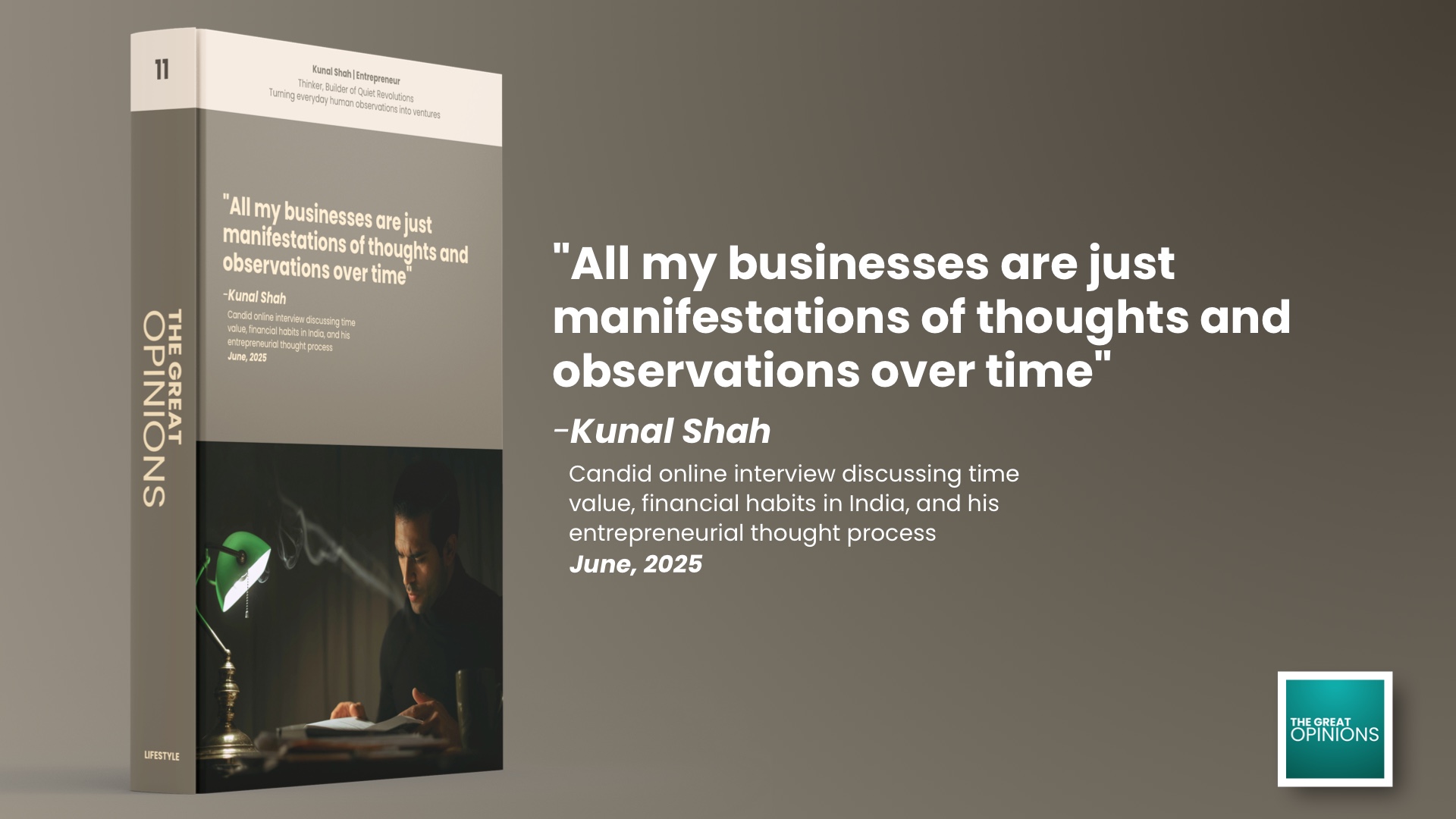| Topic | Details |
| Who is Mukesh Ambani? | Chairman and Managing Director of Reliance Industries; India’s wealthiest industrialist; known for transforming India’s telecom, retail, and energy sectors. |
| Education | B.Tech in Chemical Engineering from the Institute of Chemical Technology, Mumbai; attended Stanford MBA but dropped out to join Reliance. |
| Relation to Dhirubhai Ambani | Eldest son of Dhirubhai Ambani, Reliance founder. He inherited his father’s vision of business with purpose and expanded it into global sectors. |
| Famous Quote | “My father used to say that if you want to start a business to be a billionaire, you are an idiot.” |
| Where It Was Said | During a McKinsey Asia Leadership Interview, June 2025, in a session on Legacy, Leadership, and Impact. |
| Date of Exchange | June 25, 2025 |
| Occasion/Setting | A leadership forum where global CEOs and entrepreneurs gathered to discuss purpose-led business transformation in the digital age. |
| Witnesses | Business leaders, McKinsey moderators, young entrepreneurs, and leadership scholars attending the McKinsey Asia Forum. |
| Why It Went Viral | The quote reframed wealth creation in India’s startup culture and challenged the billionaire-chasing narrative, striking a chord across social media and business communities. |
| Published By | Startuppedia, The Financial Express, The Economic Times, Republic World, and multiple business publications in June 2025. |
| Impact | Inspired entrepreneurs to focus on solving real-world problems; reignited conversations about legacy, ethics, and impact-driven leadership in modern business. |
Chapter 1: The Moment the Words Were Spoken:
On a warm June evening in 2025, during an exclusive leadership interview hosted by McKinsey Asia, Mukesh Ambani sat across from global industry leaders and emerging entrepreneurs. The discussion was about legacy, purpose, and the evolving nature of success. It was here, amid conversations about net worth and valuations, that he paused, smiled faintly, and recounted his father’s wisdom:
“My father used to say that if you want to start a business to be a billionaire, you are an idiot!”
The room fell silent, not in confusion, but in recognition of a deeper truth. This wasn’t a rejection of wealth but a recalibration of ambition.
Chapter 2: Roots of Purpose:
Born in 1957 in Yemen and raised in Mumbai, Mukesh Ambani grew up watching his father, Dhirubhai Ambani, turn humble beginnings into an empire. Dhirubhai believed that business wasn’t about money; it was about solving real problems. Mukesh absorbed this ethos, often reflecting on the human side of enterprise while pursuing his chemical engineering degree from the Institute of Chemical Technology. He briefly attended Stanford for an MBA but left midway to join Reliance and work alongside his father—a decision driven by real-world urgency over classroom theory.
Chapter 3: Lessons from the Yarn Factory:
Mukesh’s early days were spent at Reliance’s Naroda yarn factory. There, among textile workers and factory supervisors, he learned firsthand that leadership was about understanding the smallest processes and the people behind them. It wasn’t about numbers on a balance sheet; it was about lives impacted. Those experiences built his foundational belief—that leadership serves, not commands.
Chapter 4: Building for Billions:
Fast forward to 2016. The Indian telecom sector was fragmented and cautious. Yet, Mukesh Ambani launched Jio, investing over $25 billion—an audacious move that many called reckless. But it wasn’t made to generate a billionaire’s fortune; it was made to democratize data access for 1.4 billion Indians. “If our people can talk and learn without barriers, we win,” he often said. Jio transformed India into the world’s largest data consumer in less than four years.
Chapter 5: Reliance in the Age of Reinvention:
Under Mukesh’s leadership, Reliance didn’t remain static. He led its transformation from a petrochemical giant into a diversified empire spanning telecom, retail, clean energy, and deep tech. Each venture followed the principle of impact-first: digital empowerment through Jio, affordable retail for Indian households through Reliance Retail, and renewable energy initiatives aimed at global sustainability. These are examples of Mukesh Ambani upcoming projects that demonstrate his forward-thinking approach.

Chapter 6: The Philosophy Behind the Quote:
That 2025 quote wasn’t new. It was a crystallization of Dhirubhai’s lifelong lessons. In public speeches and private meetings, Mukesh emphasized—“Focus on creating value for people. Wealth is a by-product.” To him, the phrase “Mukesh Ambani yearly salary” or “Mukesh Ambani 2025 net worth” were metrics, not motivations. His true yardsticks were reach, relevance, and responsibility.
Chapter 7: A Legacy for the Next Generation:
Today, as his children Akash, Isha, and Anant take on larger roles in Reliance, Mukesh urges them to uphold the same principles. The family’s upcoming projects—from green hydrogen plants to AI-driven retail platforms—echo the ambition to serve, not just earn.
Chapter 8: Why It Resonates Today:
Mukesh Ambani’s words reverberate in an era obsessed with unicorn valuations and IPOs. His message is a reminder that the essence of entrepreneurship is solving meaningful problems. The Mukesh Ambani 3 life lessons that often trend online are no different from what he lived by: Empathy in leadership, purpose in action, and humility in success.
Chapter 9: Published By & Impact:
The quote, covered by major outlets like StartupPedia, Financial Express, and Economic Times, sparked debates on startup culture, redefining what it means to lead in business. It’s a call for entrepreneurs to stop counting billions and start counting the lives they touch.
It was a quiet June evening in 2025 when Mukesh Ambani, seated under the soft lights of a leadership forum, spoke not with the tone of a billionaire but with the clarity of a man who had lived through decades of lessons. Cameras rolled, industry leaders leaned in, and young entrepreneurs scribbled notes. He paused, smiled faintly, and said, “My father used to say that if you want to start a business to be a billionaire, you are an idiot.”
But those words were not a rejection of wealth. They were a recalibration of purpose.
Mukesh’s story did not begin in the skyscrapers of Mumbai but in the dusty streets of Aden, Yemen. Born in 1957, he grew up under the sharp gaze of Dhirubhai Ambani, a man who saw beyond profit margins to human potential. Back in Mumbai, young Mukesh studied chemical engineering at the Institute of Chemical Technology, not to build a resume but to understand the mechanics of creation. He enrolled at Stanford, seeking broader horizons, yet it was his father’s call that pulled him back. “Degrees don’t build businesses. Actions do,” Dhirubhai had said.
Mukesh returned home, not to an executive suite, but to the humming floors of Reliance’s Naroda yarn factory. Among workers and looms, he discovered that leadership isn’t inherited—it’s earned. He listened more than he spoke, learning the pulse of the business through conversations over tea breaks and late-night shift changes.
Years later, when he stood on the precipice of India’s telecom revolution, Mukesh didn’t hesitate. Jio was born not as a business gamble but as a national service. “If our people can speak freely and learn without limits, we all win,” he whispered to his team as they prepared for launch. They risked everything. And within years, India became the world’s largest data consumer. He didn’t see Jio as a company. He saw it as a bridge—from isolation to opportunity.
But ambition does not rest. Under his guidance, Reliance transformed from petrochemicals to deep tech, from oil to clean energy. Every project, every pivot carried his father’s voice: “Serve billions. The billions will follow.”
The world measured him by his yearly salary, his net worth, his turnover. But Mukesh measured himself by impact. “If your work doesn’t uplift millions, what is its worth?” he once asked his leadership team during a midnight strategy session.
As his children stepped into their roles, he didn’t hand them a throne—he handed them responsibility. Green hydrogen, AI retail, next-gen infrastructure—these weren’t just Mukesh Ambani’s upcoming projects. They were blueprints for a better India.
When asked about his success, Mukesh Ambani spoke not of wealth but of values. “Leadership is empathy in action. Purpose in motion. Humility in triumph,” he told a gathering of young graduates who looked at him not as a billionaire, but as a teacher.
In the end, Mukesh Ambani’s story isn’t one of riches but of resolve. A man who carried his father’s lessons through decades of triumph and turmoil, who saw a nation’s need and built bridges with enterprise.
So, when that quiet evening in 2025 came, and the words echoed, it wasn’t a statement—it was a legacy passed on:
“Don’t build to be a billionaire. Build to serve billions.”
And in that moment, India didn’t see a tycoon. It saw a son, a student, a steward of purpose.

Source:







